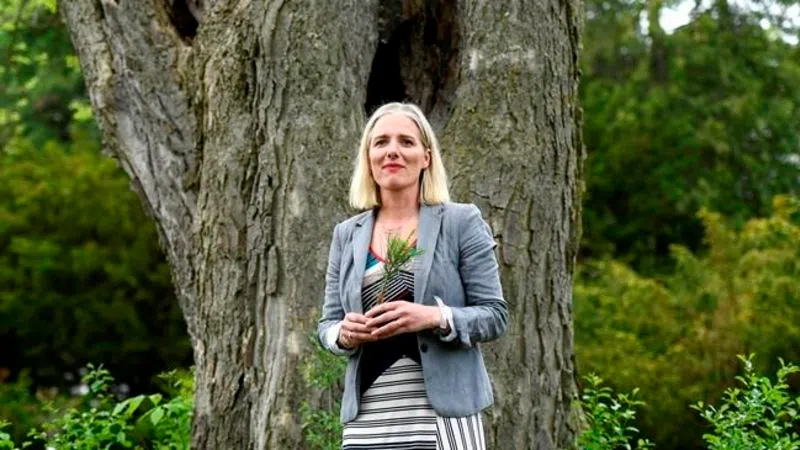
Tory changes to assessment bill favour industry over environment, Liberals say
OTTAWA — The federal Liberals say they are reviewing the changes the Senate has made to their environmental-assessment legislation but accuse the Conservatives of bowing to pressure from the oil and gas sector.
Bill C-69, a major overhaul to how major national resource and transportation projects are assessed, passed the Senate Thursday evening with more than 180 amendments.
Environment Minister Catherine McKenna said in a statement she is “carefully considering” what to do with the amendments and is open to some of them but won’t say which ones.



